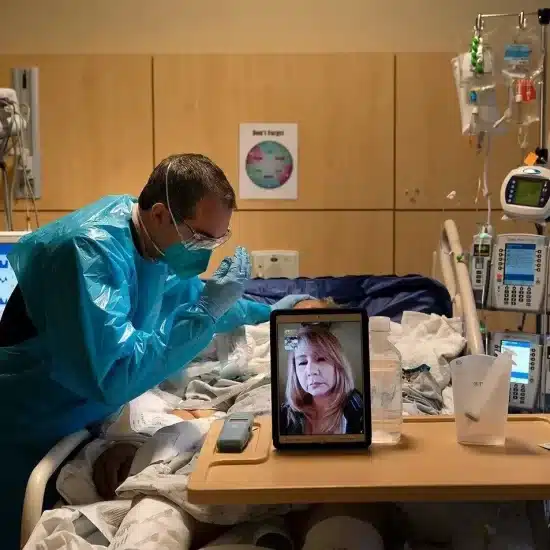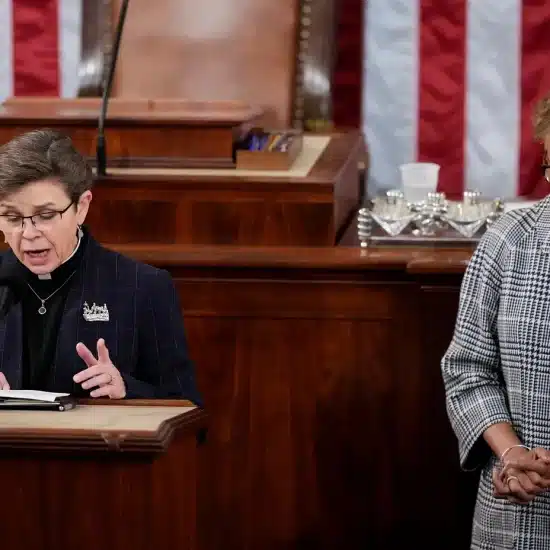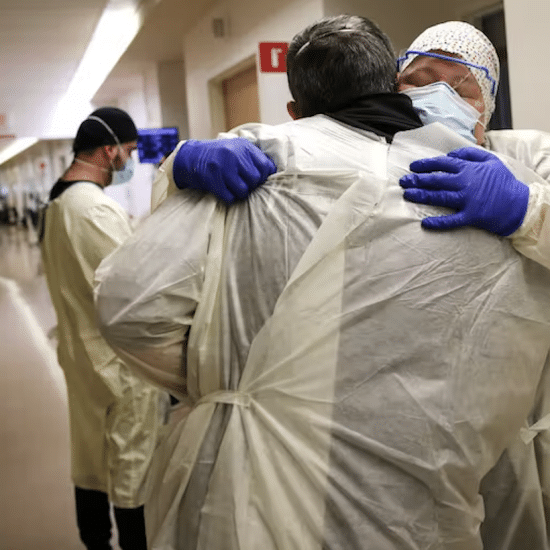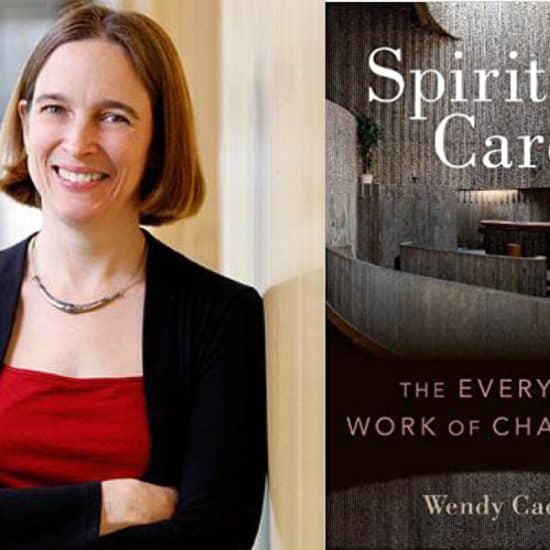On any given Sunday, most Americans do not attend church. Most will, however, show up to work throughout the week. These individuals still experience times of uncertainty, personal and family turmoil, loss of love ones and other moments where they may desire spiritual guidance.
 Workplace chaplains seek to fill that void. Much like military, hospital or prison chaplains, workplace chaplains minister to those in need and offer counseling — they just do it in one’s place of employment, most of which are secular companies.
Workplace chaplains seek to fill that void. Much like military, hospital or prison chaplains, workplace chaplains minister to those in need and offer counseling — they just do it in one’s place of employment, most of which are secular companies.
Although chaplains in the workplace is not a new idea, the concept has increasingly gained acceptance in recent years.
The largest and oldest workplace chaplaincy organization is Marketplace Chaplains USA (mchapusa.com), a group founded by former Baptist General Convention of Texas employee and military chaplain Gil Stricklin. It includes more than 2,800 chaplains serving in 46 states and six other countries. Marketplace Chaplains reports a strong increase in their numbers over the past decade, with 2015 bringing the most new client companies in any year of the organization’s three decades of operation.
Rich Shockey, Marketplace Chaplains division director for Iowa, Kansas, Missouri and Nebraska, calls the group “the best kept secret in ministry.” Shockey, who also serves as a chaplain in a couple of offices in the Kansas City area, says such chaplains work to “provide compassion and care.”
“We don’t just provide acute care,” he added. “One of the cornerstones of our care is providing regular workplace visits. [Workplace chaplains] visit regularly and build relationships.”
He noted that by being in the workplace, getting to know people and being a familiar face, chaplains are more than a phone number to people and therefore more likely to be approached by people in times of need.
“When crisis comes — and it probably will at some point in their life — then they think of the chaplain because they know them,” Shockey added. “We have the opportunity to provide spiritual care and support and to share the gospel.”
Shockey noted that since chaplains in his organization are contracted by companies — instead of serving as an employee of the company they serve — they can “protect confidentiality” and “maintain neutrality.” Chaplains can therefore serve “the CEO and the person pushing the broom.”
He added that chaplains are “able to serve as a compassionate extension of ownership,” thus helping companies care for their employees.
Corporate Chaplains of American (chaplain.org), a group with about 200 chaplains serving more than 450 companies in 42 states and a few international sites, insists chaplains help a company overall and not just the individual employees. CCA says chaplains in the workplace lead to lower employee turnover, higher reported job satisfaction, greater employee productivity and lower absenteeism rates.
Kevin Bussey, a CCA chaplain, previously served as a Southern Baptist pastor. He noted that while workplace chaplains are not an attempt to replace churches or pastors, “our chaplains are often the only pastors that employees will encounter.”
“We get to know employees, their families, their dogs and cats, their hobbies and, of course, their sports teams,” he said. “Everything our chaplains do is by permission. We never force ourselves or our faith on the employees. If we are given permission then our chaplains will share our faith with the employees.”
“Because our chaplains are in the workplace weekly, the employees confide in the chaplains and life happens,” he added. “When crisis situations occur, our chaplains are there. Our chaplains care not only for the employees but also for their family members.
“With permission, we visit the employees, their families and friends in the hospital. With permission, we meet with couples that are struggling with their marriage. With permission, we meet with wayward children. With permission, we attend funerals of employees and family members and, if needed, will perform the funeral at no cost to the employee or their family.
“We joke we can’t get them a raise or a day off but we do help employees with budgeting,” he explained. “We are there to be an extra set of hands for the owner.”
Bussey said “the biggest blessing” he experiences as a workplace chaplain “is when I get a chance to share the gospel with an employee or family member.”
He recounts many stories of being able to minister to someone he built a relationship with as their workplace’s chaplain. He recalled praying with a young couple in the hospital who had just been told their infant would not live through the night — and then rejoiced when the child lived.
He remembered “counseling a couple who was at the brink of divorce” and being “amazed at what God did” to bring the couple back together. He reflected on “the honor of performing funerals and seeing dozens of people give their lives to Jesus” and other times he has been able to minister.
“Corporate chaplaincy is important because the workplace is the greatest mission field in the U.S.,” Bussey added. “Seventy percent of adults go to work weekly. A vast majority have no church home. Corporate chaplaincy takes Jesus to the workplace.”






